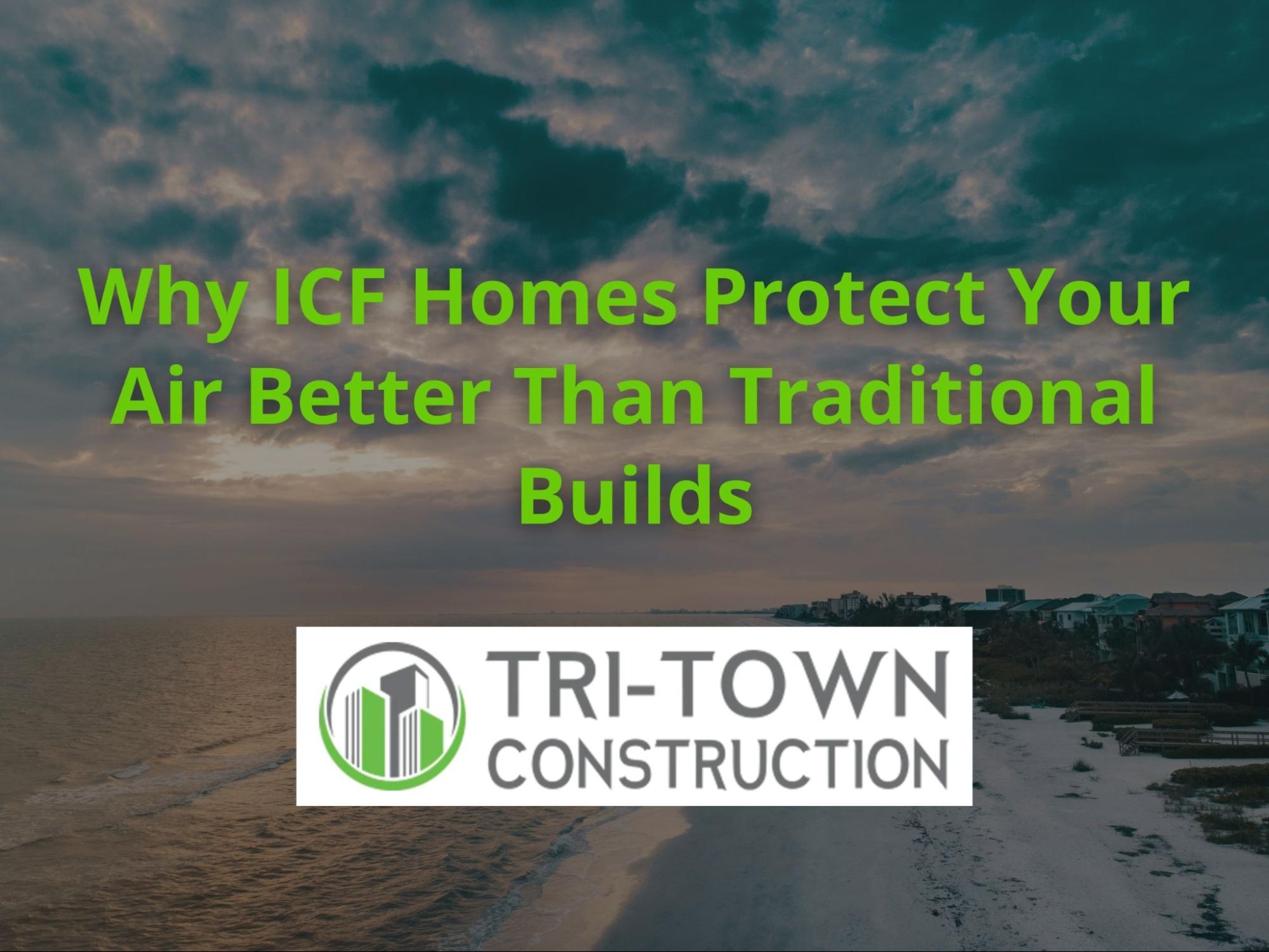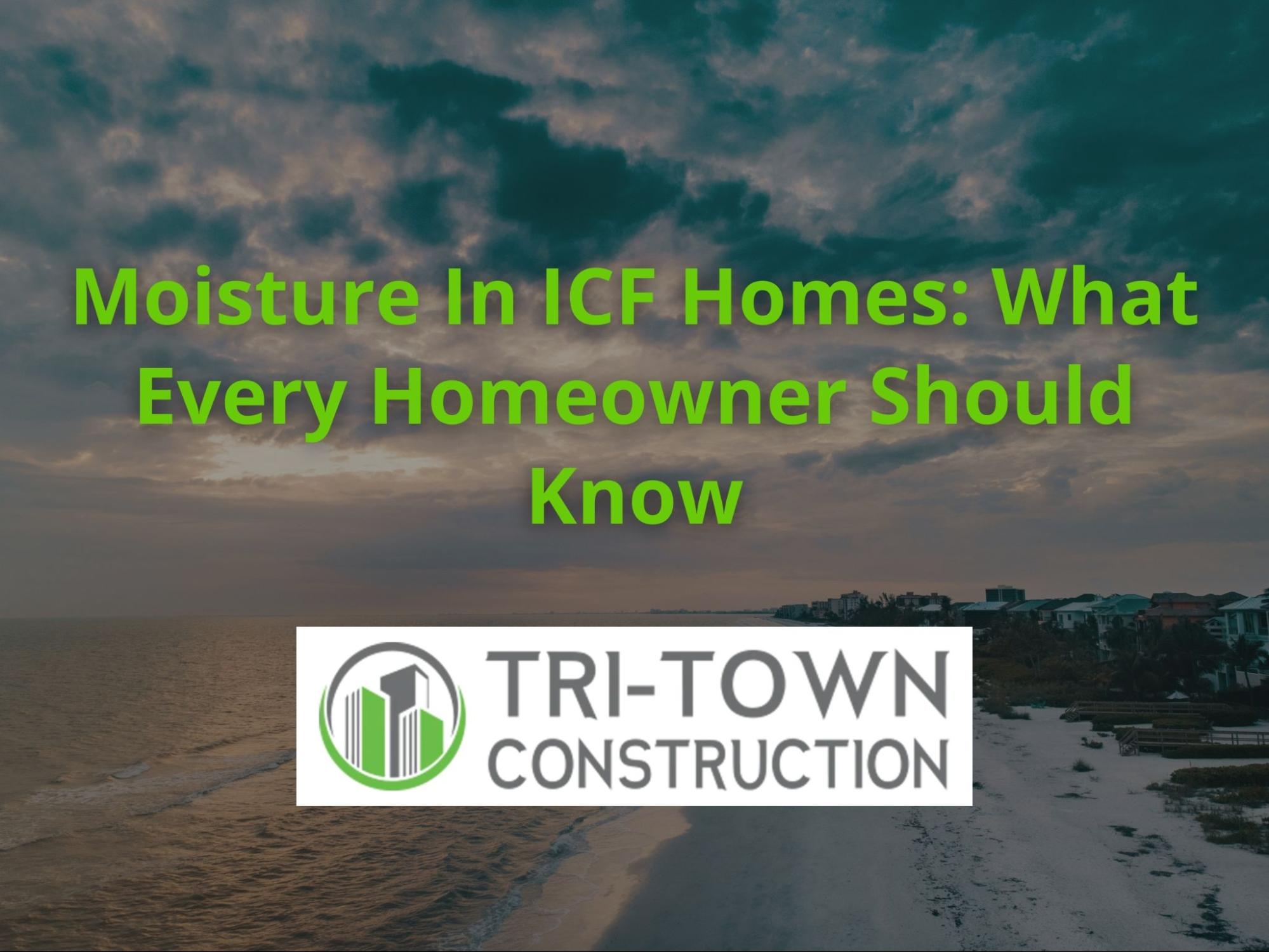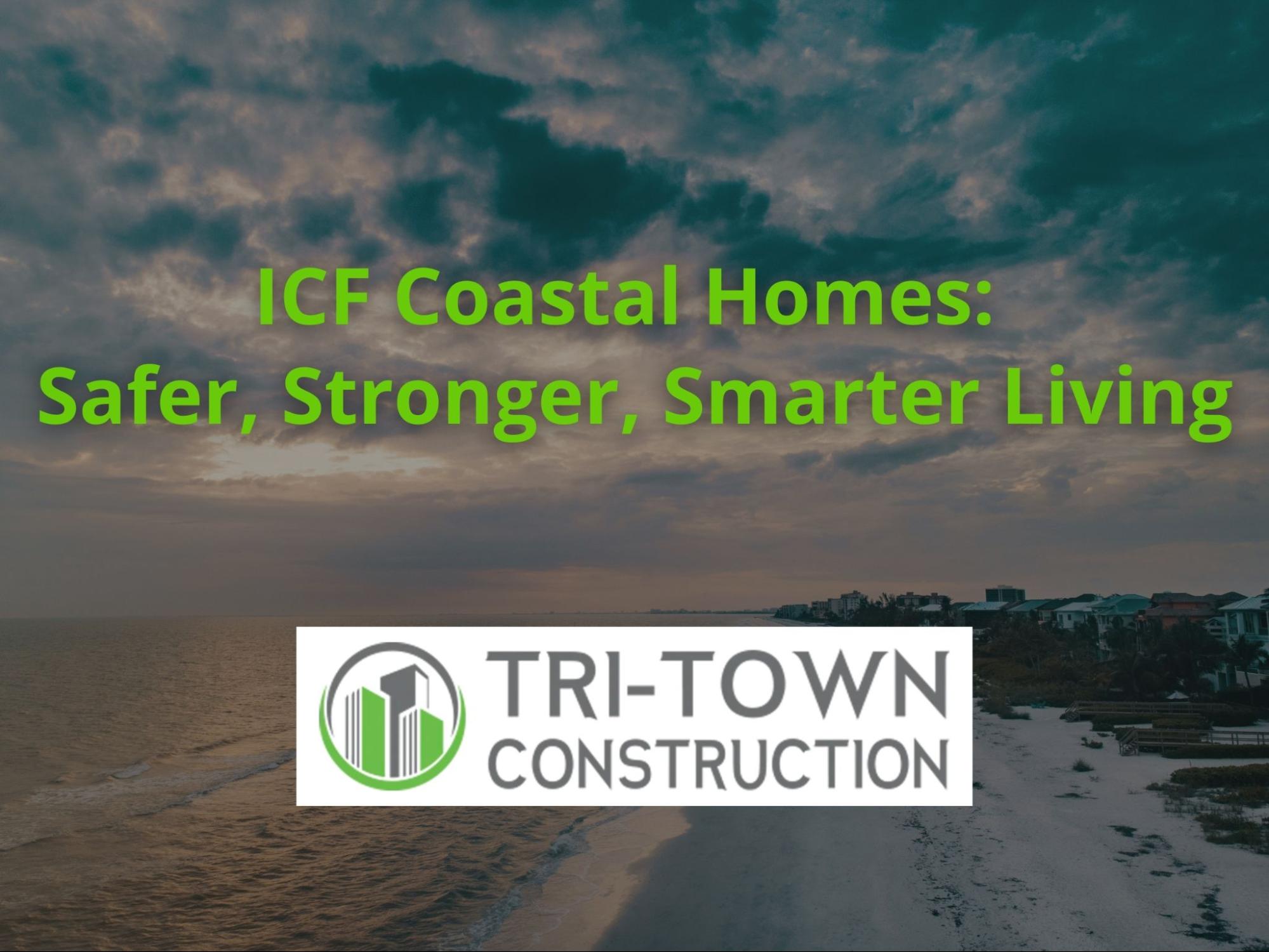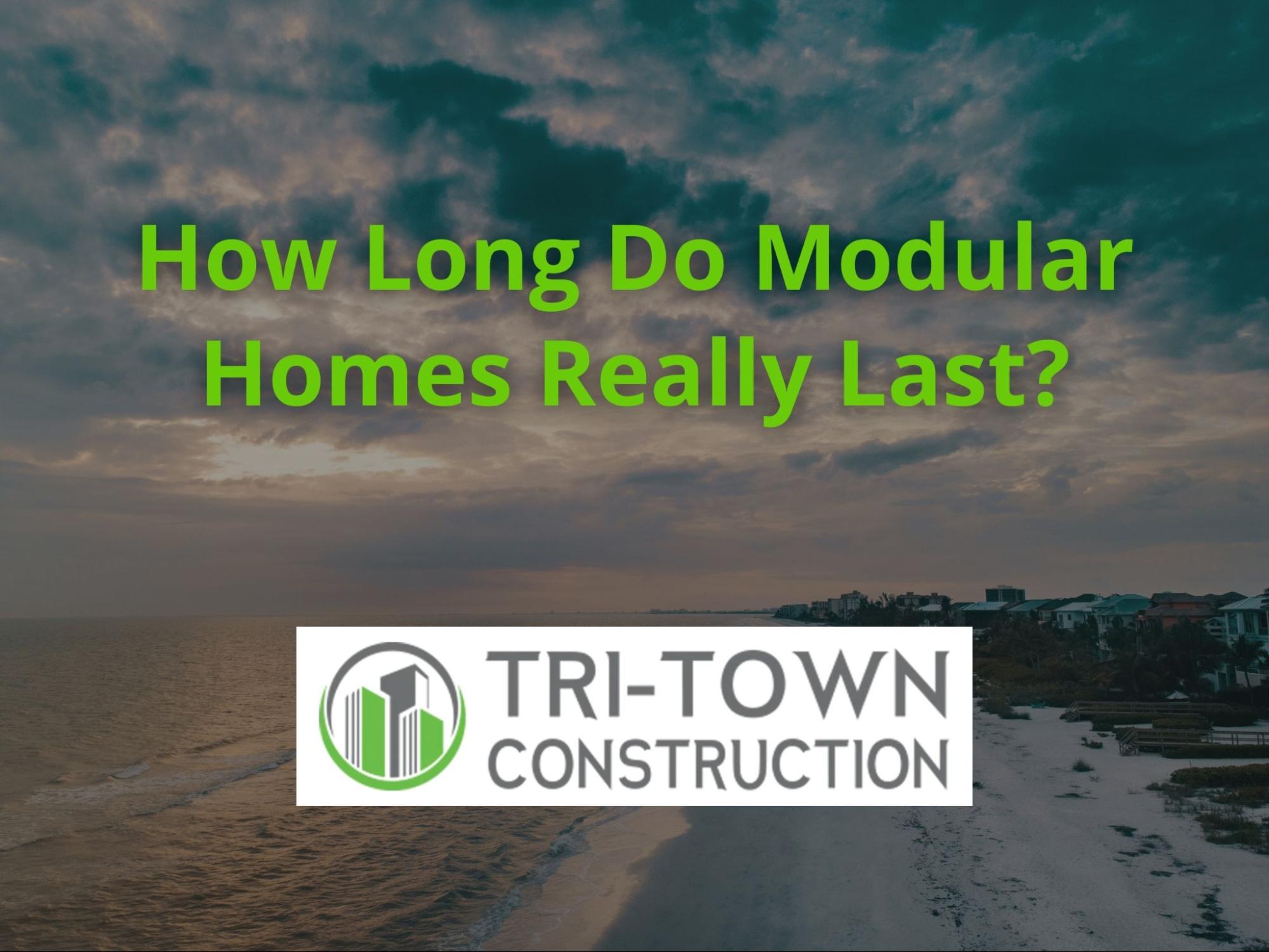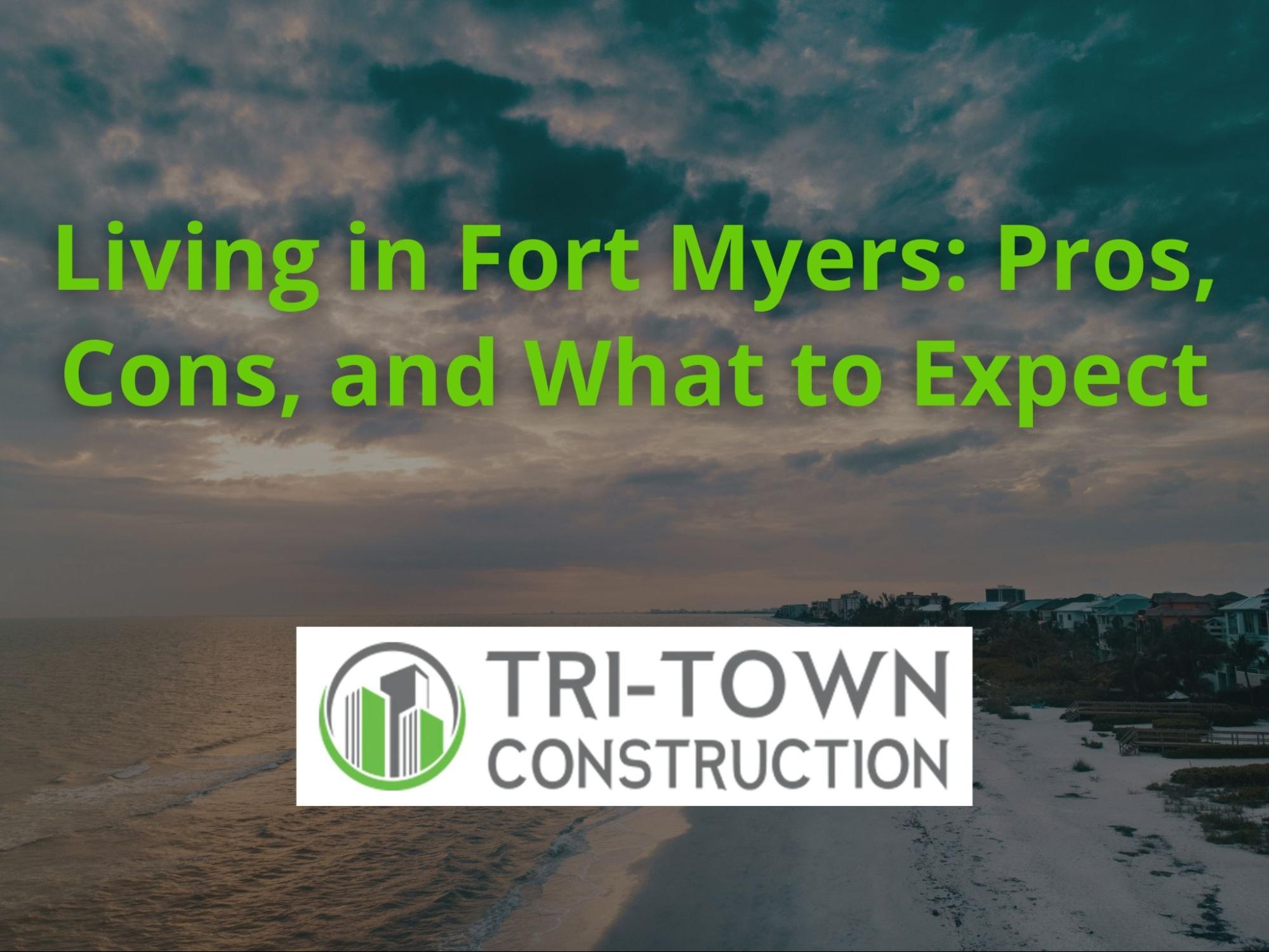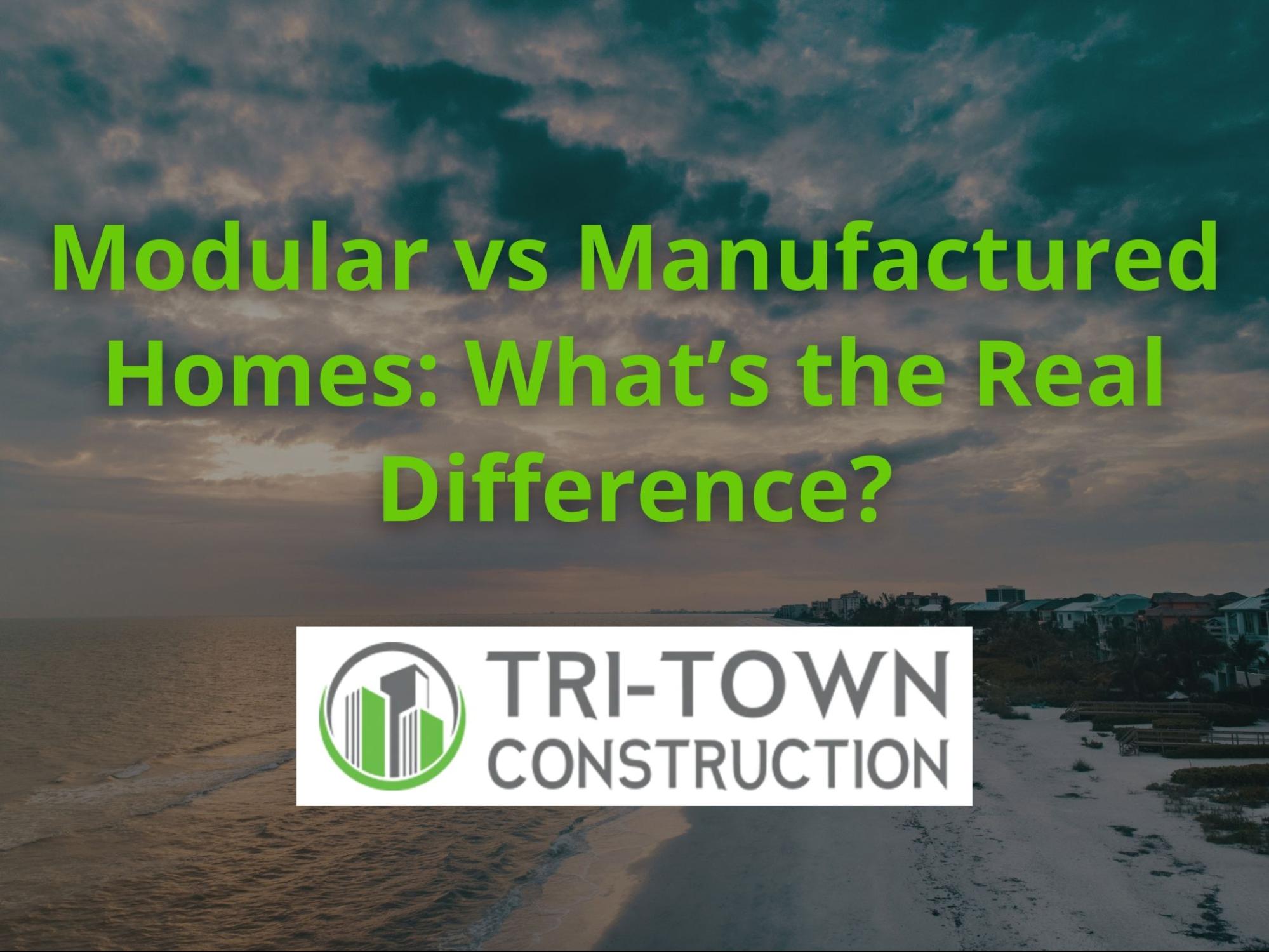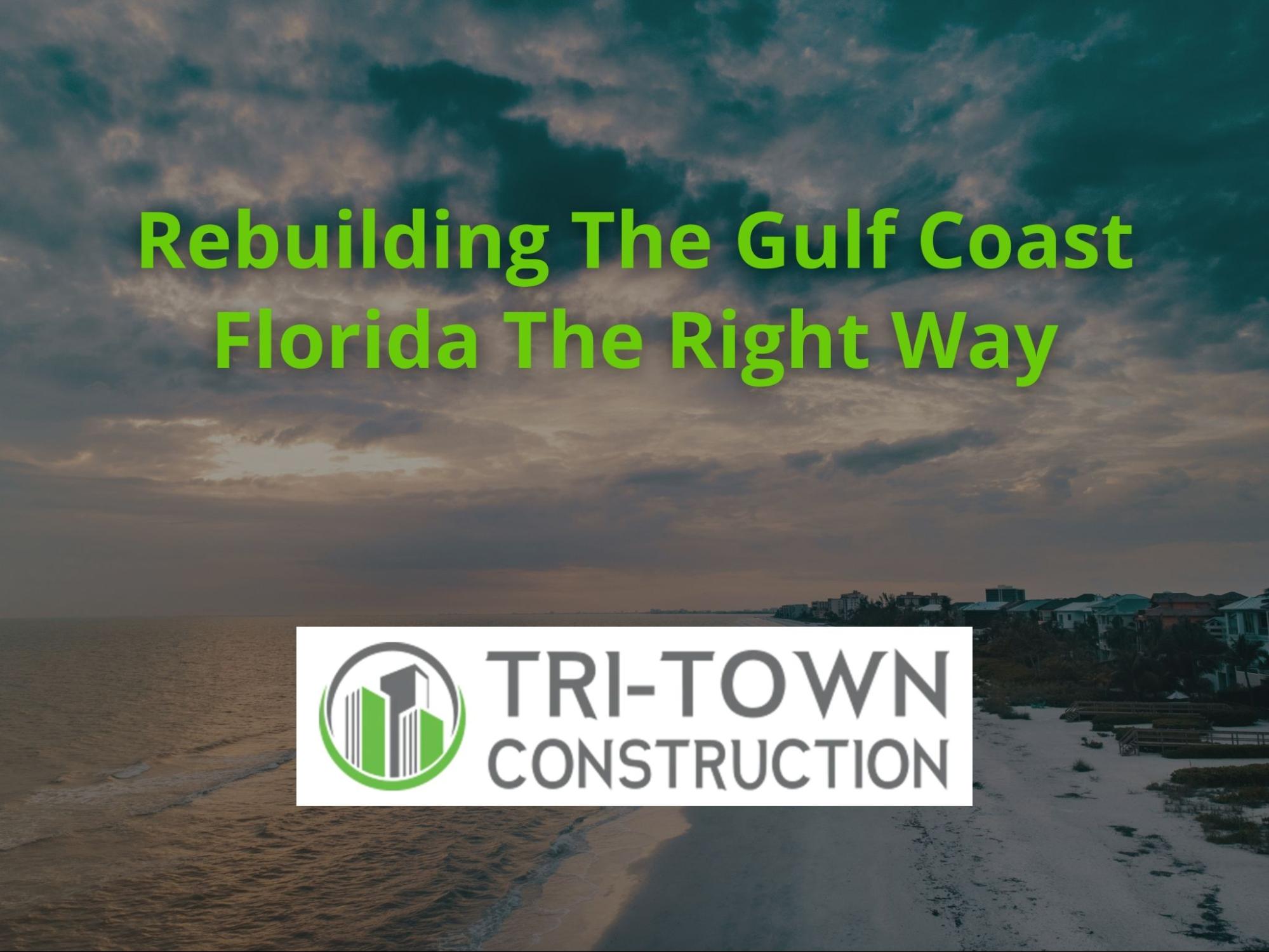
How to Rebuild the Gulf Coast of Florida Stronger
Rebuilding the Gulf Coast Florida means navigating FEMA’s 50% Rule, permits, zoning, and rising insurance while choosing construction that withstands hurricanes. From ICF and modular builds to smarter design, resilience is the only path to a safer future. What Rebuilding the Gulf Coast Florida Really Demands in 2025 Florida’s Gulf Coast recovery is far more complex than replacing walls. Hurricane Ian highlighted strict FEMA rules, permitting delays, zoning hurdles, and rising insurance costs. Success now depends on building smarter and more resilient, not just faster. Here’s what matters most: Timelines: Rebuilds often take 12–18 months or more. FEMA’s 50% Rule: Repairs over half the replacement value trigger full code upgrades. Permits & Setbacks: Local boards and zoning can delay projects for months. Costs: Insurance rarely covers everything, so plan 20–30% beyond payouts. Construction Options: ICF offers unmatched resilience, modular builds save time, wood is cheaper but riskier. Future-Proofing: Elevation, storm-rated roofs, and impact windows keep homes safer and insurable. Rebuilding here is both a challenge and an opportunity. With careful planning and resilient choices, families can create homes that thrive for generations. Every decision shapes future security, from contractors to construction methods, making strength and safety the true focus. Why


